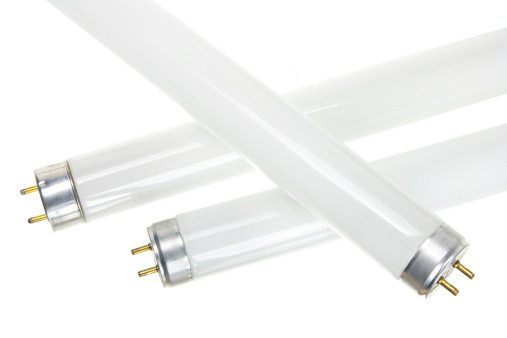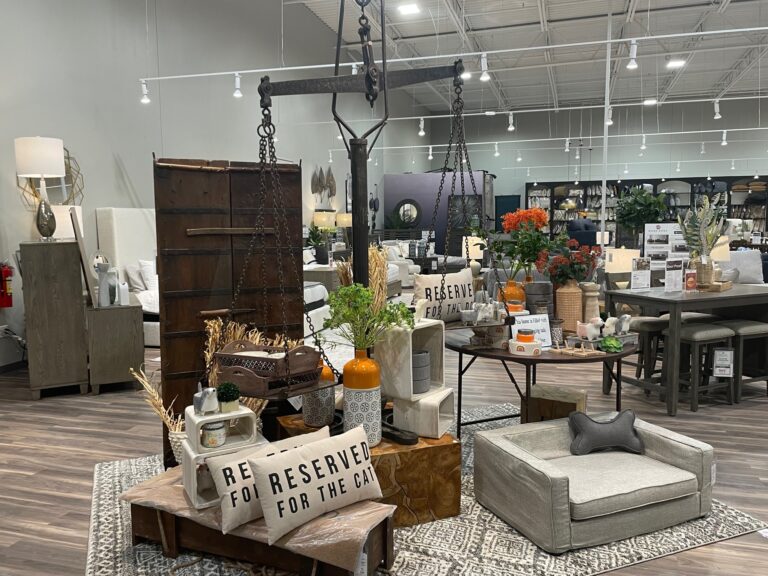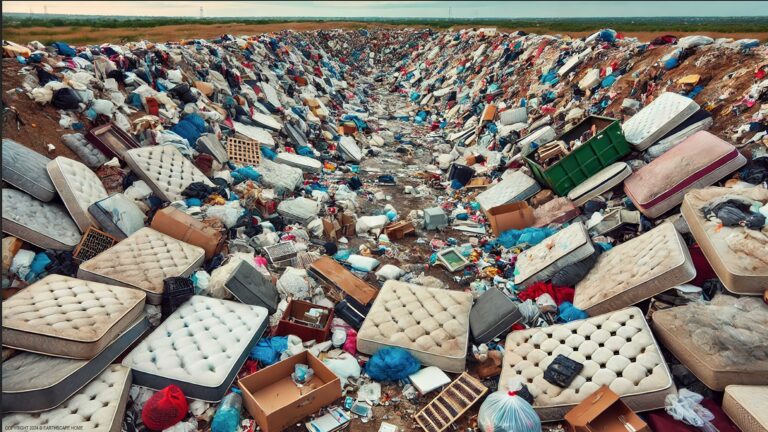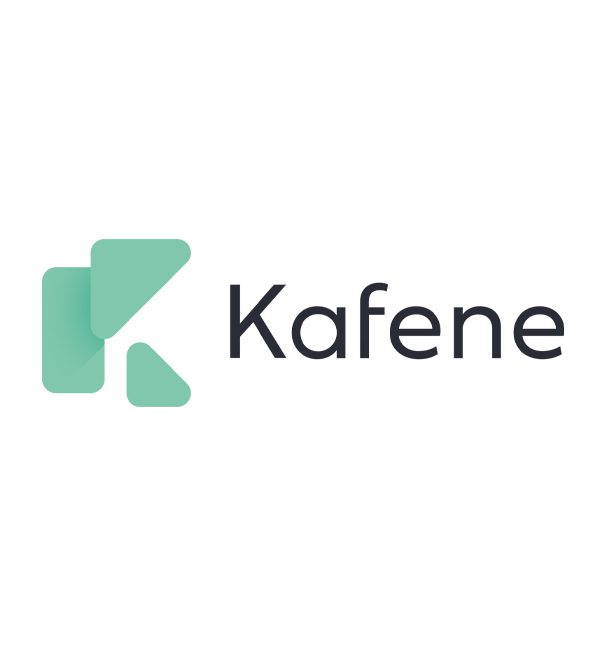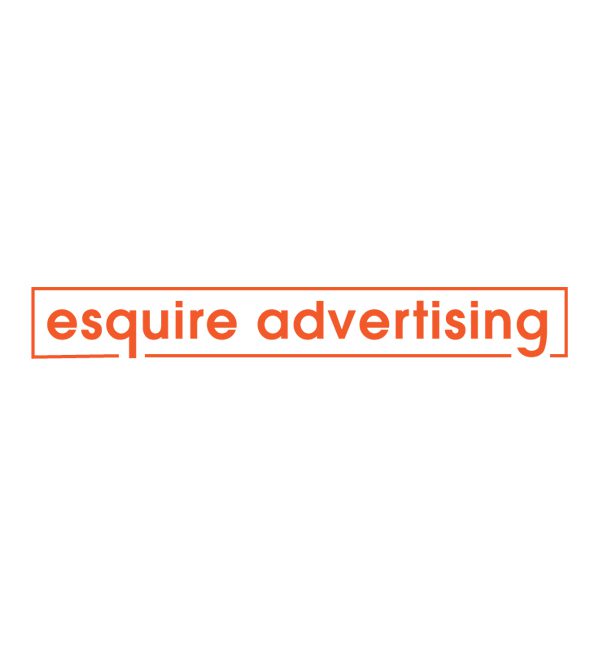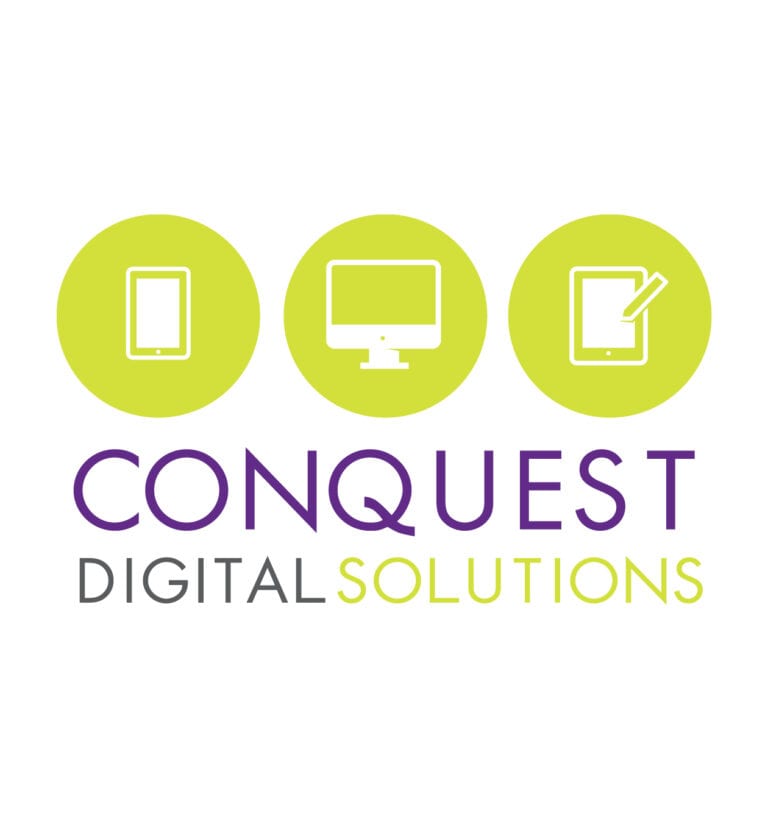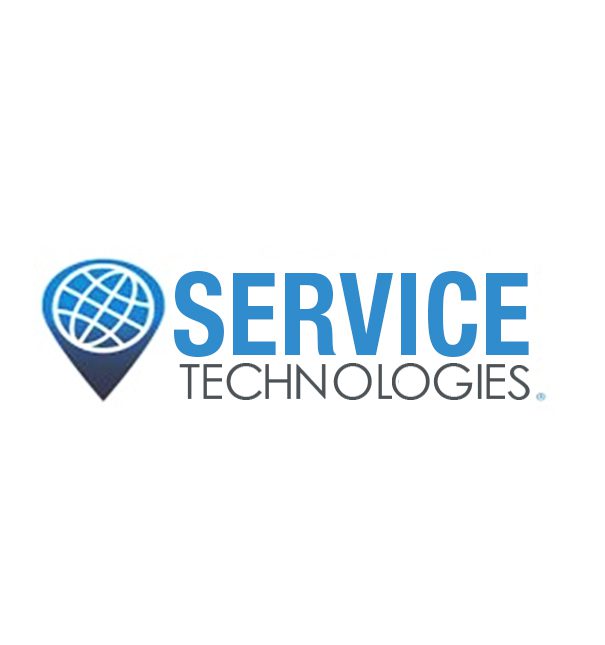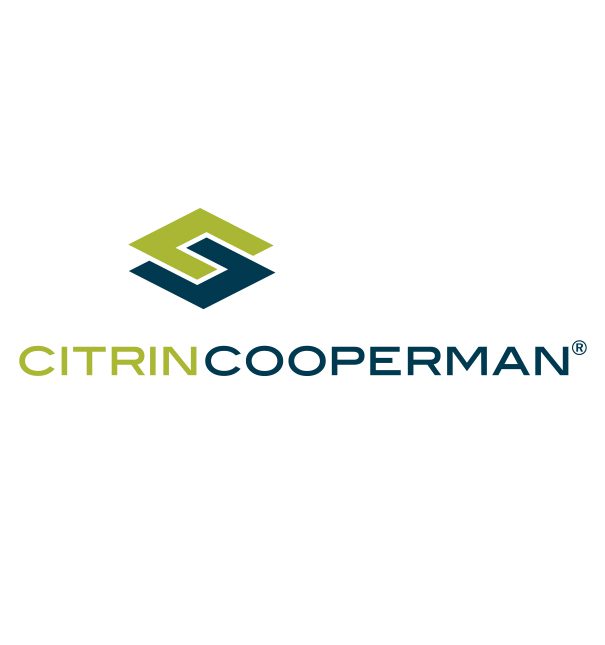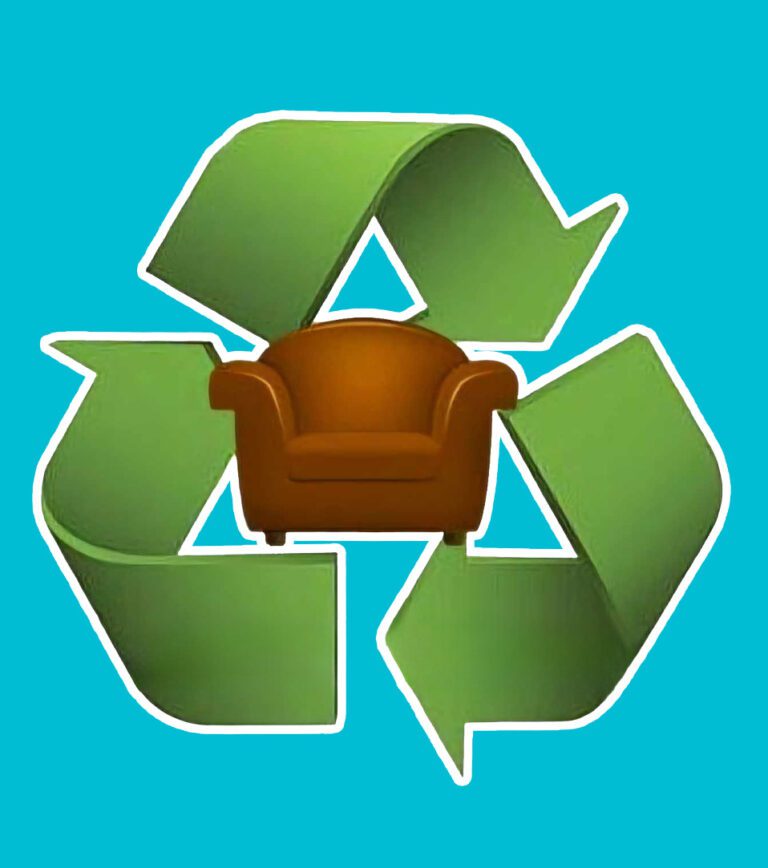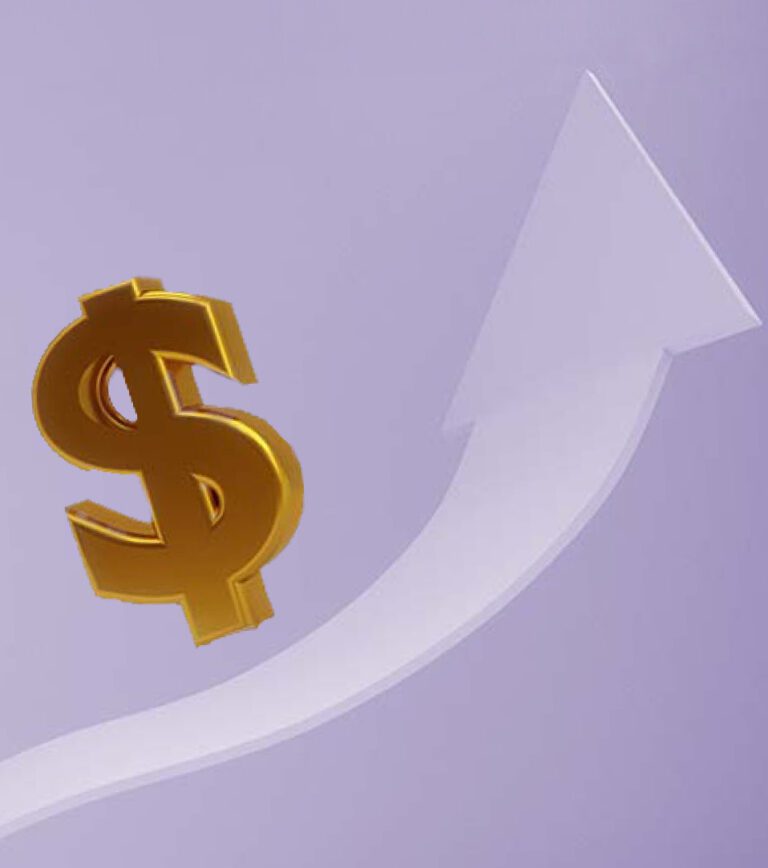Are you considering or recently completed a retrofitting to LEDs and left with some old lamps? Are they piled up in your dumpster or behind your building? Let’s hope not.
Let’s face it, the world of lighting is like any other technology these days, constantly changing and upgrading.
Staying educated and sensitive to the environmental impact of energy consumption and use of lighting has been more important than ever before. When you purchase lighting, you may not just be thinking about replacing the lamp that is in the socket, but also thinking about how the new product will impact energy, as well as the environment. But what impact is your old discarded lighting fixtures having on the environment? Is it even legal to throw those bulbs and tubes into the dumpster?
Each customer has a responsibility to recycle other products beyond the lamps that contain mercury.
In most areas of the country, you are able to recycle ballasts, batteries and even the traditional incandescent lighting so that those components can be used for other productive purposes. There are even people who recycle their electronics with companies like Premier Surplus, so no matter what you’re item is, not only that, but there are also services like Magic Skips Brisbane (click here for their website) that will pick up recycling from your door! there are always options. In many areas, recycling of these items is required so check with your local waste management to find out how to dispose of the following from your store.
- Lamps
- Batteries
- CFL
- Ballasts
- e-scrap
- Thermostats
- Tritium exit signs
A large part of the proper disposal of lighting and E-Waste is not just about reducing your energy consumption, but it was also about responsibly disposing of the older product. If you are properly recycling, talk about it. Tell it to your customers, brag about being a responsible retailer. That’s a huge statement to make to your customer –– Showing your companies community value through environmental responsibility.
Looking for options to recycle, try contacting your local waste management provider to inquire if they offer any of these solutions:We can provide this service through the following methods:
We can provide this service through the following methods:
Recycle Pak:
Ready-to-use packaging for recycling storage and shipment is perfect for small quantities of fluorescent lamps, batteries, ballasts, and thermostats containing mercury.
This allows those customers who aren’t undergoing a large program to be able to efficiently recycle in a turnkey fashion. Each “box” comes with a liner to seal the product being recycled and a shipping label to ship the package to the recycling company when they have filled it up. Once the product has been recycled, a certificate will be sent to the customer for them to keep on file as proof that their product was recycled.
Bulk Recycling:
Bulk recycling is handled through a regional or national recycling partner. Most clients pair this service with routine maintenance or larger re-lamp, retrofit, or renovation projects. This is geared more toward those larger projects where a customer has more than they can fit in the Recycle Pak program. The cost of the recycling (if any) is based on linear foot for linear fluorescent lamps or weight when it comes to the HIDs, CFLs or ballasts. If you have several hundred lamps that you would like to recycle, the bulk recycling program is the way to go. In many larger incorporated areas there are recyclers that will provide this service for free as they resell the waste to larger recyclers.
Lighting Supplier Truck Pick-Up:
Some lighting suppliers like Regency (NAHFA Products Program Lighting Supplier) will deliver appropriate recycling containers and pick up recycling for local properties within a set radius of a Regency warehouse location. Ultimately, recycling lamps, ballasts, batteries, tritium exit signs, and traditional lighting allows our customer base to be a solid and responsible community partner, protecting precious environmental resources.
What is the most common lighting recycling program option?
The method of recycling you’ll choose really depends on the needs of your business. The simplest and most common program is a Recycle Pak program. It’s easy to use, cost-effective, and available for the smaller businesses that have standard everyday needs. Need something larger? Contact your local waste management service for advice.
